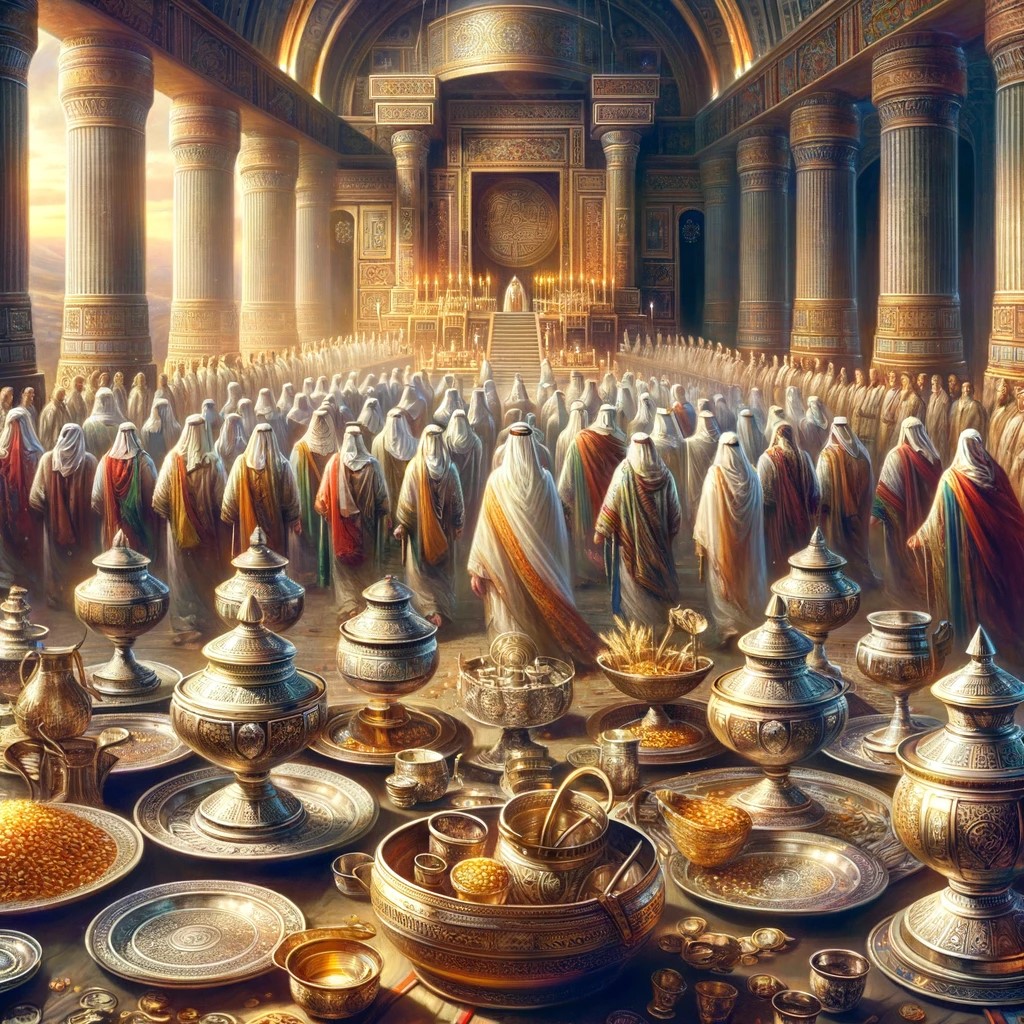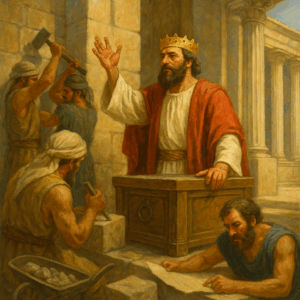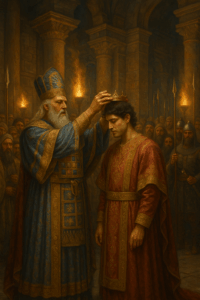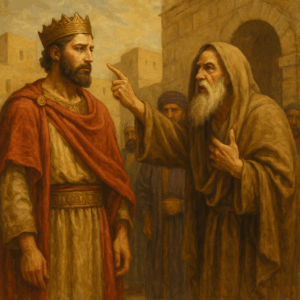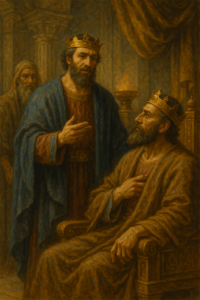Introduction.
Numbers 7 stands as one of the most detailed and symbolically rich chapters in the Bible, describing the offerings brought by the leaders of the twelve tribes of Israel to the Tabernacle. This chapter, beyond its meticulous inventory of gifts, delves into themes of generosity, leadership, and communal worship. By examining the actions and offerings of the tribal leaders, we uncover profound insights into how acts of giving play a crucial role in worship and the maintenance of a spiritual community. This post explores the significance of these offerings and their relevance to modern believers.
The ceremony of offerings.
The chapter details a twelve-day ceremony where each tribe’s leader presents their offering for the dedication of the altar. Despite the varied tribal backgrounds, each leader brings an identical offering, signifying unity and equality before God. The offerings include silver plates, silver bowls, and gold pans filled with grain, incense, burnt offerings, sin offerings, and peace offerings, each with deep symbolic meanings tied to atonement, gratitude, and fellowship with God.
Symbolism and spiritual significance.
1.Unity and equality in giving: The identical offerings from each tribe emphasize that all stand equal in their capacity to serve and honor God, regardless of their status or wealth.
2. Generosity as worship: The lavish gifts reflect the leaders’ dedication and the principle that giving is an integral part of worship, acknowledging God as the source of all blessings.
3. Community and individual contributions: While the offerings are the same, the individual presentation by each leader highlights the importance of personal involvement and the role each person plays within the community of faith.
Lessons for today.
Numbers 7 teaches that generosity is not merely about the act of giving but is a profound expression of worship and commitment to God. It challenges believers to consider:
1.How do we approach giving in our lives? Are our contributions, whether of time, resources, or talents, made with a spirit of generosity and worship?
2.The role of leadership in promoting generosity: Leaders not only provide for the needs of the worship space but also set an example for the community to follow.
3.Unity and diversity: The chapter encourages us to appreciate the strength that comes from acting in unity while also valuing the unique contributions of each individual.
Conclusion.
Numbers 7 provides timeless lessons on the spiritual dimensions of generosity, leadership, and communal worship. It invites modern readers to reflect on their own practices of giving and to recognize the powerful role that such acts play in deepening their relationship with God and with their community.
Reflection.
As we ponder the messages of Numbers 7, let us consider how we can embody the principles of generosity, unity, and worship in our daily lives. May this exploration inspire us to give more freely, serve more wholeheartedly, and strengthen the bonds within our communities of faith.
